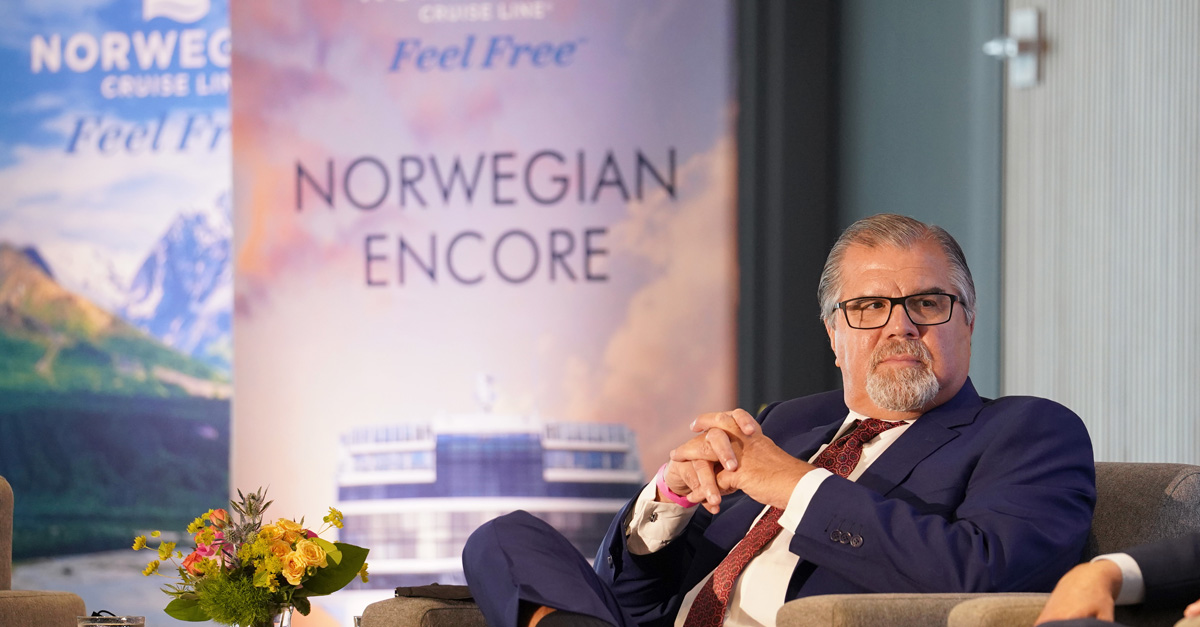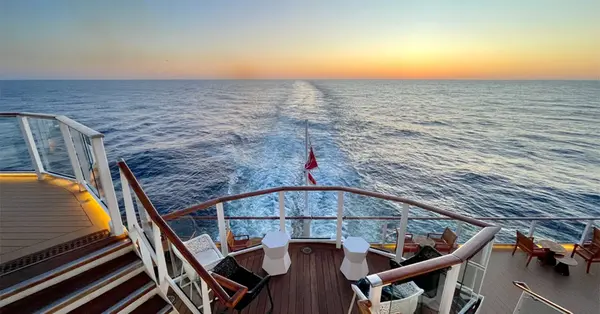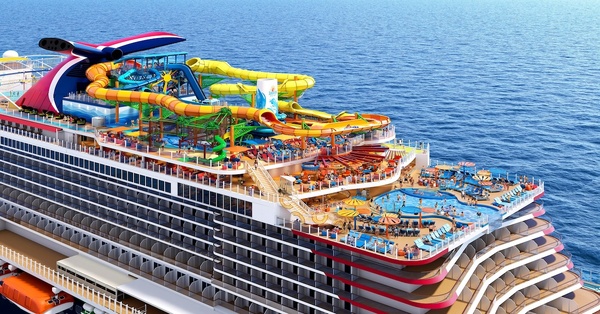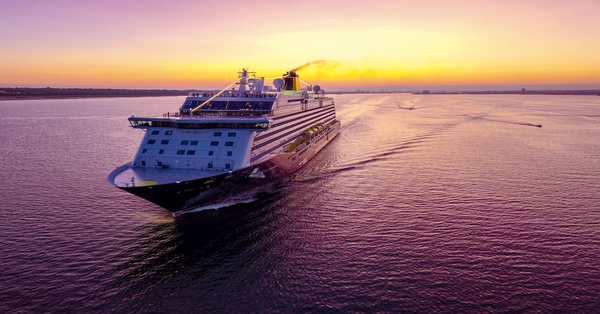You are viewing 1 of your 2 free articles
Norwegian ships ‘will stay in the Baltic’, pledges cruise chief
Norwegian Cruise Line Holdings will not move ships from the Baltic following Russia’s invasion of Ukraine but is looking to remove St Petersburg from its cruise itineraries if the fighting continues.
Frank del Rio, president and chief executive of the company, said: “We hope the conflict ends quickly.”
About 5% of Norwegian Cruise Line Holdings’ capacity is scheduled to operate in the Baltic and to St Petersburg, with up to 50 sailings this year, but del Rio confirmed: “We have no vessels in the region until late May.”
Guests will be updated on the company’s plans when the situation becomes clearer, he said, noting: “We’re looking at alternative sailings. There are plenty of other ports in that region.
“Obviously, it’s a disappointment because St Petersburg is one of the crown jewels of the Baltic, but there are alternatives.”
He insisted: “Our Baltic ships will stay in the Baltic. If we can’t go to St Petersburg there are many other ports in surrounding countries they can visit.
“We’re not received any red flags. But it’s too early to say anything more.”
Asked if the outbreak of war had had any impact on bookings, he said: “There is probably a slowdown here and there around the margins, but Europe is a big continent.”
Del Rio was speaking as Norwegian Cruise Line Holdings reported a full-year loss of $4.5 billion for 2021, up from $4 billion in 2020, following a loss of $1.6 billion for the final quarter of last year.
He noted the Omicron variant of Covid-19 had an impact on operations in December and January, noting it “led to the cancellation of certain voyages”, but argued: “It merely stalled the recovery by about three months.
“Our booked position and pricing remain strong, particularly for the second half of 2022 and into 2023.”
Omicron meant the group ended 2021 with about 70% of its capacity operating, slightly less than anticipated.
It expects to have 85% of capacity operating by the end of March and the full fleet back in operation during the early part of the second quarter.
Del Rio forecast the company would “reach a critical inflection point” during this second quarter when its net cash from operating would turn positive for the first time since the start of the pandemic.
He reported cumulative bookings for the first half of this year “below the extraordinarily strong levels” of 2019 but at “substantially higher prices” even with the inclusion of future cruise credits (FCCs).
Bookings for the second half of this year “are in line with the comparable 2019 period and at higher prices”, he said, while bookings for 2023 “demonstrate strong demand . . . with the booked position and pricing meaningfully higher [than in 2019] and at record levels”.


















